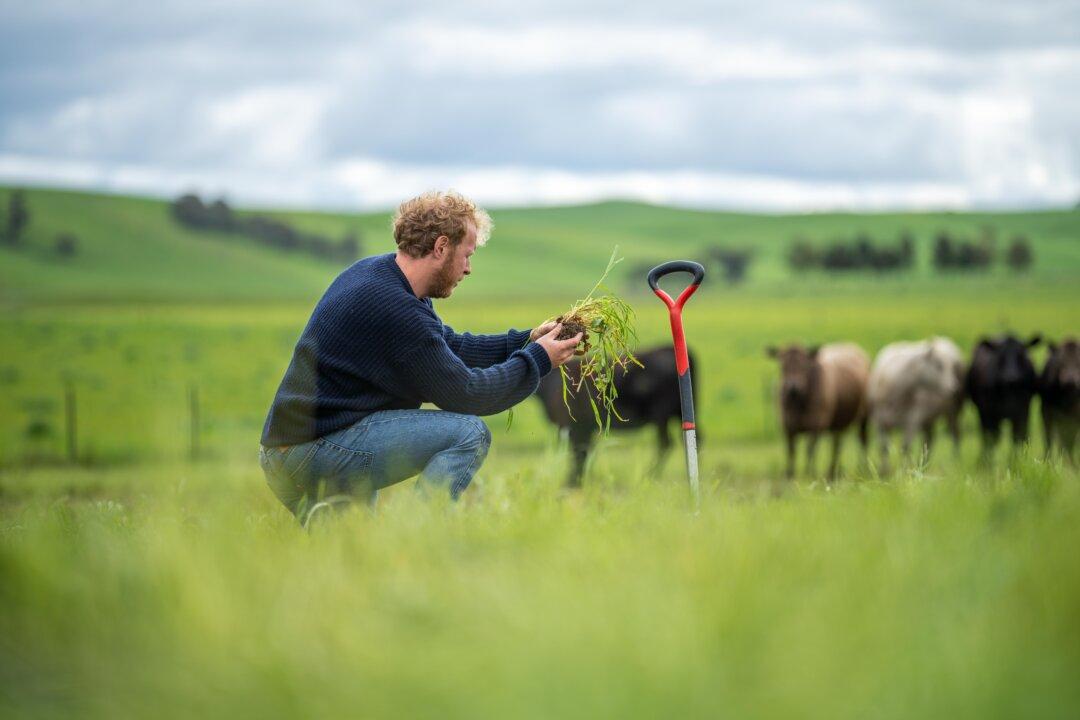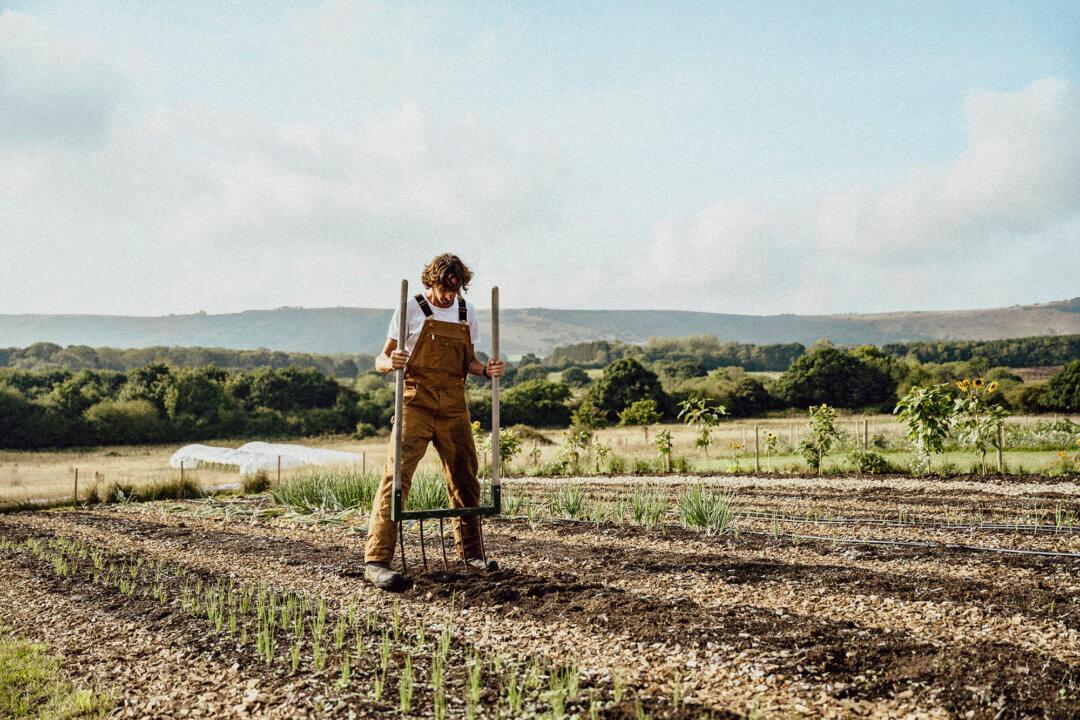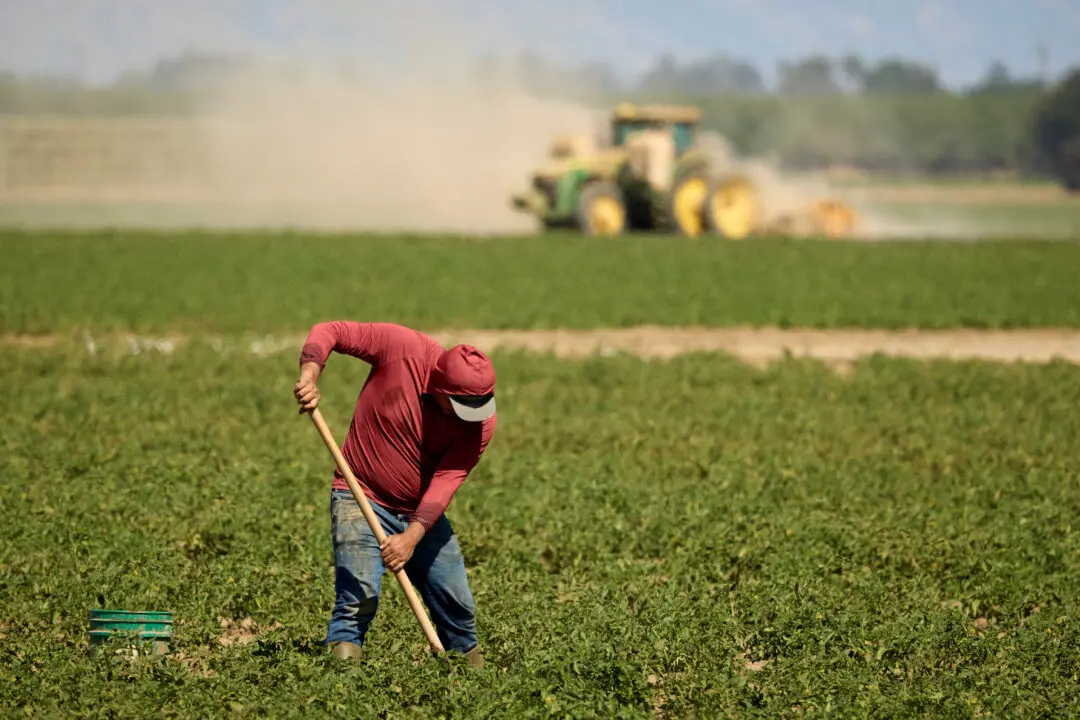Commentary
In the modern world, we often overlook the profound connections among healthy soil, our gut health, and our spiritual well-being. The phrase “trust your gut” resonates deeply in our society, suggesting that our intuitive feelings are not only important for decision-making but also indicative of a deeper connection to life itself.





